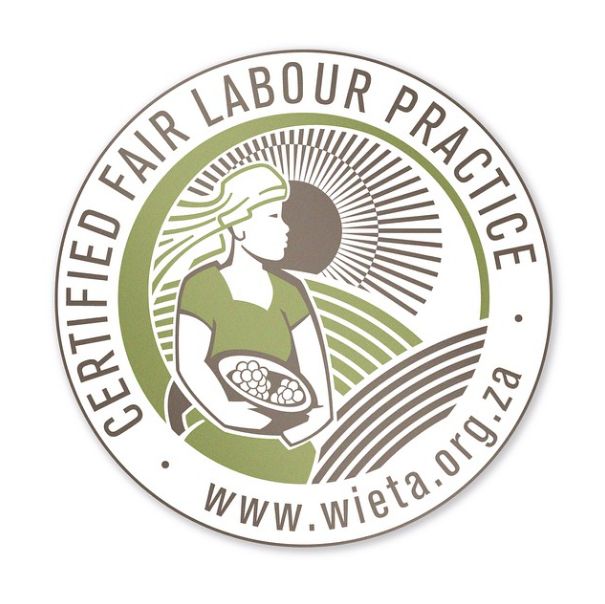Building social sustainability
Freedom Day on 27 April 2015 commemorated the heady day in 1994 when the first democratic election was held in South Africa. Following that milestone, Workers’ Day on 1 May was inaugurated as an official national public holiday celebrating the working class, the cogs who keep the wheels turning.
Tasked with writing a blog straight after these two important dates, it seemed fitting to track the progress of the Wine and Agricultural Ethical Trading Association (WIETA), described on its website as ‘a multi-stakeholder, non-profit voluntary organisation which actively promotes ethical trade in the wine industry value chain through training, technical assessment and audits to assess members' compliance with its code of good practice’. Stakeholders include producers, retailers, trade unions, non-governmental organisations and the government.
WIETA was formally established in November 2002. The first wines entitled to carry South Africa’s fully traceable new ethical seal, launched in May 2012, were announced by the organisation in September that same year, in what was believed to be a world first among wine-producing countries. The seal, based on rigorous auditing of WIETA’s code of good conduct, provides confirmation that fair labour practices are being adopted by the producers of these wines. WIETA is internationally recognised and benchmarked against the Global Social Compliance Programme (GSCP), having recently successfully completed the GSCP Equivalence Process.

Currently, WIETA has 1 276 producer members, 25.6 per cent of South Africa’s wine grape production is ethically accredited and 245 wines have been approved to carry the Certified Fair Labour Practice seal (access the list here).
In 2014, WIETA received funding from the Western Cape Department of Agriculture and successfully completed a project, which involved training 1 462 workers across eight wine regions within the Western Cape, in February this year. The department awarded funding to WIETA for a second time for 2015/16, with which it will continue to provide training for producers and workers on understanding ethical trade, labour law, workplace safety, health and safety committees, and handling of chemicals, as well as several other planned projects.
Distell, the country’s biggest wine player, has performed a significant role in the drive to ensure ethical accreditation among South African grape and wine producers, according to Erhard Wolf, general manager for grape and wine supply, assisting South Africa to carve a unique position within the highly competitive international wine arena. "The country is already internationally renowned for highly progressive eco-sustainable winegrowing and winemaking practices. Building our social sustainability further enhances our national reputation."
At the end of the 2015 harvest, all farms owned in full or in part by the company were accredited by WIETA, as were all its grape suppliers producing for the company's export brands. "By far the majority of our entire supply base is now WIETA-compliant and we have made accreditation a key performance indicator."
Wrapping up on another positive note, according to Systembolaget’s latest launch plan, the trend in ethically certified products took a significant leap forward in 2013, with sales increasing by an exponential 94 per cent. The percentage of ethically certified wines from South Africa, Chile and Argentina doubled, rising from 4.8 per cent to 9.6 per cent. The report also stressed that Systembolaget will continue to launch ethically certified wines from these three Southern Hemisphere countries, in order to ensure that they can offer their customers a wide range from which to choose.
– Lindsaye Mc Gregor